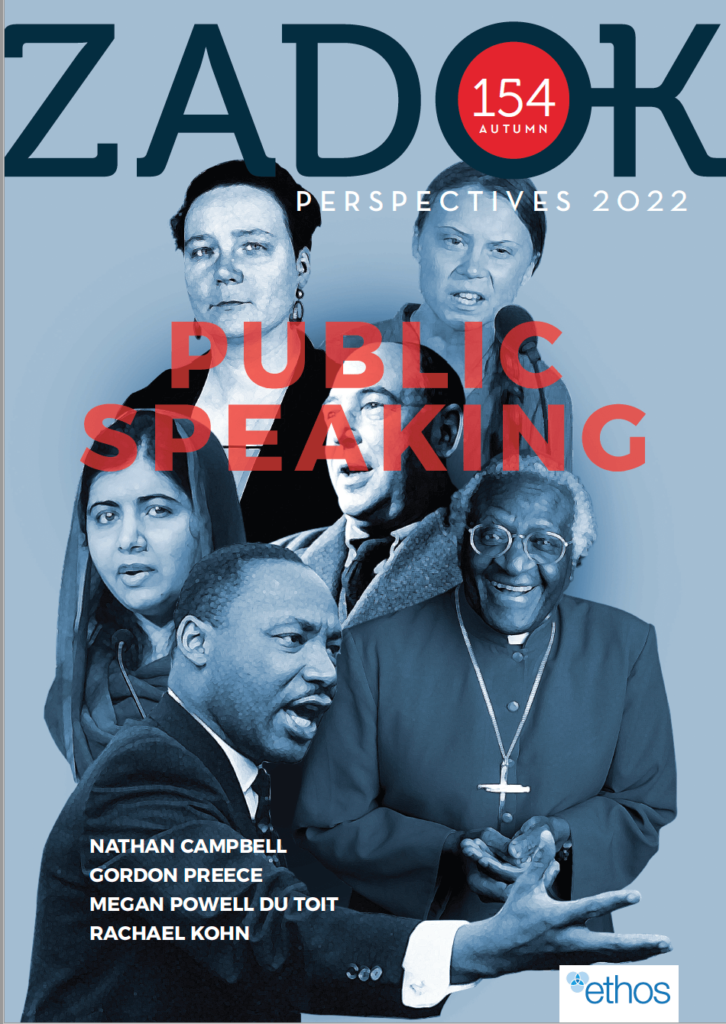The following statement on the needs and futures of people on TPVs has been launched, and a copy has been sent to the Prime Minister and Leader of the Opposition. The statement has been signed by a number of prominent faith leaders around Australia. Additional names are welcome to be added (contact scott.holmes@bsl.org.au) #setthemfree #welcomerefugees.
Early next week further resources will be available to support this advocacy work. This will include a video case study featuring a person who is on a TPV, a website that assists you to send messages to your local MP, and some photos. It is hoped these resources will enable us all to keep this issue in the public arena in the lead up to the election.
Please share this statement widely.
Statement from Australian faith leaders 29 April 2022
We urge our political leaders to reconsider the needs and futures of people who are still on Temporary Protection Visas. It is time to offer people on TPVs permanent protection.
We raise this matter cautiously, mindful of how fraught discussion of such matters has been in previous Federal Elections.
But we must speak because compassion and care for others are universal values shared by all major faith traditions. As people of faith, we bring this perspective to our consideration of all things, including public policy around protecting refugees and people seeking asylum.
Hence, we advocated for and welcomed recent steps to release most Medevac refugees from hotel detention; to move forward with the New Zealand resettlement plan; and to increase the number of Afghan refugees being offered protection.
We speak now, relatedly, out of deep concern about the current division between the two major parties on the issue of temporary protection visas.
These TPVs serve no public policy purpose and have lost community support since their introduction two decades ago.
Our pastoral knowledge is of people who have been living with stressful insecurity on TPV’s in communities around Australia. We hear their prayers and know their fears. Having sought refuge, they just want to belong and contribute. With their families and friends, they are part of community groups and neighborhoods. Many have found jobs, work hard, pay their taxes, and have embraced Australia as their home.
COVID-19 has required many rethinks and reminded us all of what is truly important in life. There is a wonderful opportunity for our political leaders to now embrace a group of people who want to put down roots, build lives and work hard for Australia’s best future. Like generations of migrants and refugees before them, this group will become an integral part of the Australian story.
It is as a voice for the relatively voiceless that we are moved to write to Prime Minister Scott Morrison and Opposition Leader Anthony Albanese in support of a more unifying and compassionate national policy on this important matter.
Signed by:
Sister Brigid Arthur, The Brigidine Asylum Seekers Project
Bishop Paul Barker, Anglican Diocese of Melbourne
Dr Greg Barton, Deakin University
Dr Makarand Bhagwat, President Hindu Council
Dr Graeme Blackman, President, Victorian Council of Churches
Tamara Domicelj, Country Director Jesuit Refugee Service (JRS) Australia, co-Chair of the Catholic Alliance for People Seeking Asylum
Bishop Genieve Blackwell, Anglican Diocese of Melbourne
Revd Sandy Boyce, Executive Officer, Victorian Council of Churches
Fr. Frank Brennan SJ, Rector Newman College
The Hon. Diana Bryant, AO,QC
Revd David Bullock, Director of Mission and Ministries, Baptist Union of Victoria
Professor Des Cahill, Religions for Peace Australia
Dr. Leslie Cannold, author and ethicist
The Most Reverend Geoff Smith, Archbishop of Adelaide and Primate of the Anglican Church of Australia
Mr Tim Cartwright, APM and Advisory Board of the Australian Intercultural Society
Revd Debra Saffrey-Collins, Head of Chaplaincy and Diocesan Partnerships, Brotherhood of St. Laurence
Revd Tim Costello, Executive Director of Micah Australia Dr Diana Cousens, Vice Chair, Buddhist Council of Victoria
Most Reverend Vincent Long Van Nguyen, Bishop of Parramatta and Chair of Catholic Bishops Commission for Social Justice, Mission and Service
Archbishop Mark Coleridge, Archbishop of the Archdiocese of Brisbane Bhakta Dasa, International Society for Krishna Consciousness
Imam Alaa Elzokm, Imam of Heidelberg Mosque
Adel Salman, President Islamic Council of Victoria
Celia Andrews, Anglican, Perth
Julie Edwards, Chief Executive Officer Jesuit Social Services, co-Chair of the Catholic Alliance for People Seeking Asylum
Dr Adrian Evans, Emeritus Professor of Law, Monash University
Ms. Wendy Francis, on behalf of Australian Christian Lobby
Rabbi Ralph Genende
Revd Scott Holmes, Chaplain at the Brotherhood of St Laurence
Bishop Philip Huggins, Australian Centre for Christianity and Culture
Mr. Ahmet Keskin, Executive Director of the Australian Intercultural Society The Very Revd Dr Andreas Loewe, Dean of Melbourne
Dr. Mohamed Mohideen, Islamic Council of Victoria
Bishop Kate Prowd, Anglican Diocese of Melbourne
Dr Susan Riley, Former Deputy Lord Mayor, City of Melbourne
Revd Helen Summers, Director, The Interfaith Centre of Melbourne
Jasbir Singh Suropada, Chairperson, Sikh Interfaith Council of Victoria
Barney Zwartz, Senior Fellow of the Centre for Public Christianity
Harold Zwier, Jewish community
Brenton Jayatilaka, Anglican Parish of City on a Hill
Revd Gemma Baseley, Anglican Diocese of Perth, Social Responsibility Committee
Br Peter Carrroll FMS, President Catholic Religious Australia
Shaykh Mohammad Ramzan, President Victorian Islamic Commission of Research, Fatwa and Charity
Rev. Charles Balnaves, PP



